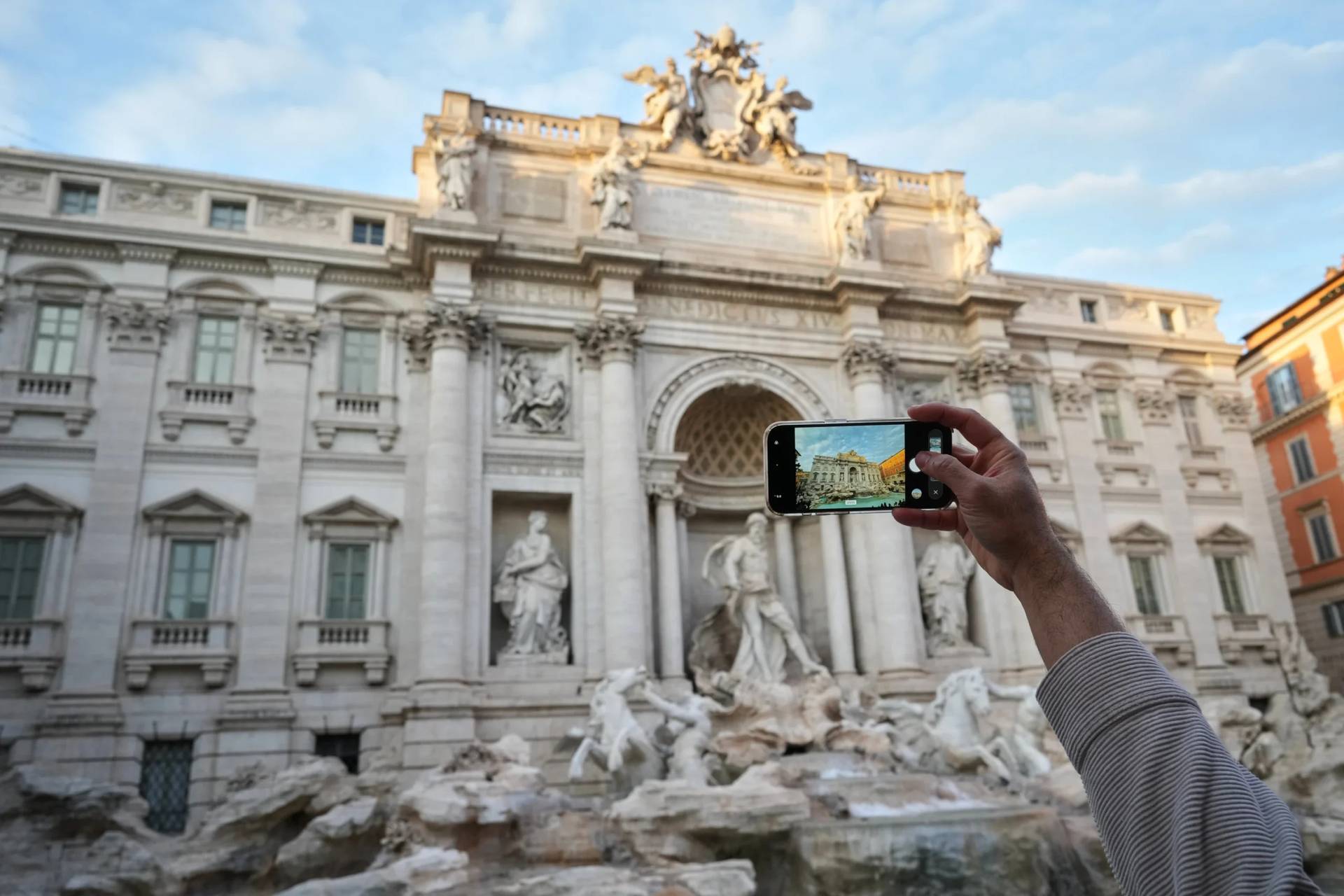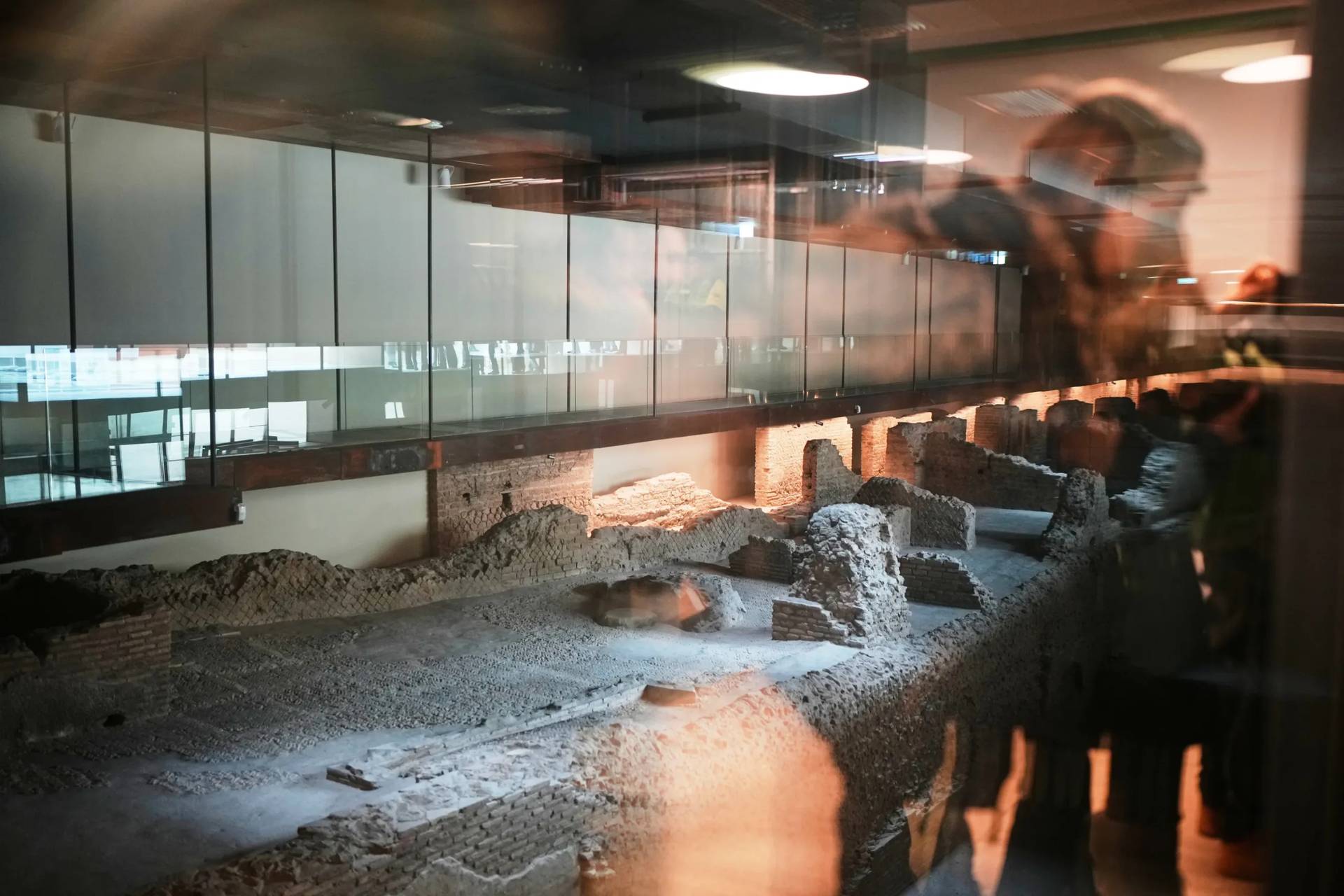ROME — The Catholic Church does not take sides, but it does take to heart the life and well-being of every person and the nation as a whole, said Cardinal Gualtiero Bassetti of Perugia-Citta della Pieve, president of the Italian bishops’ conference.
“Let us hope that politicians collaborate at the service of citizens,” he said, and “they reach a solution that takes into account the many critical issues” the country is facing.
The meeting came as the Italian government was in turmoil and Italian President Sergio Mattarella was trying to find a resolution after the forced resignation of Prime Minister Giuseppe Conte. The collapse of the government came as the country struggled to respond to its ongoing health and economic crises, worsened by the COVID-19 pandemic.
Bassetti, opening an online meeting of the Italian bishops’ permanent council Jan. 26, said he hoped that church leaders would be leaders of reconciliation since “this is the path that the Lord opens up to us now.”
The task of church leaders, he said, is to “be interpreters and the voices of the many vulnerabilities” people are facing so that no one is left out and on their own.
“It would be good to remember that the church is not of this or that side. What we take to heart is the well-being of each person and all together; what is important to us is the life of each person; what we support is our country,” he said.
The cardinal repeated what Pope Francis told the Roman Curia in his Christmas greetings last year, that “it would be good for us to stop living in conflict and feel once more that we are journeying together, open to crisis.”
“A crisis is itself movement, a part of our journey. Conflict, on the other hand, is a false trail leading us astray, aimless, directionless and trapped in a labyrinth; it is a waste of energy and an occasion for evil,” the cardinal said, quoting the pope.
This is the path the pope is indicating for the church in Italy, too — to be reconciled with one another and walk together as a church, the cardinal said.
The Italian bishops’ pastoral guidelines provide an appropriate compass in saying, “The true culture of communion proposes certain human values, such as being inclined toward thinking together, sharing the effort, communally developing pastoral projects, correctly formulating common judgments on the reality of the environment, adopting forms of assistance that express the Christian soul of the whole community that’s involved.”
He asked everyone to remember what Pope Francis told them during a pastoral visit to Florence in 2015, that he prefers “a restless Italian church, ever closer to the abandoned, the forgotten, the imperfect. I would like a glad church with a mother’s face, that understands, accompanies, caresses. You too dream of this church, believe in her, innovate with freedom.”
The cardinal said the pope’s vision can free them from “anxiety or fear of making a mistake. We must set out on the road with a gaze that focuses beyond the emergencies of this moment. Only this way can the dream become a reality for our communities.”
Their ministry as shepherds of the church should be performing works of reconciliation, carried out in a spirit of fraternity, collaboration and solidarity, Bassetti said.
The political sphere is for repairing “the social fabric torn by economic and social struggles” and the scientific field is for a responsible understanding of what has been discovered for helping the well-being of everyone, he added.
The many “fractures” they as pastors must seek to repair, he added, include the current health care emergency and the need to support scientific facts, not opinions on social media, concerning the importance of the COVID-19 vaccines.
The 78-year-old cardinal, who spent a month in the hospital with COVID-19, including 10 days in intensive care, thanked everyone for their prayers and support, and reminded those participating in the meeting that Cardinal Crescenzio Sepe of Naples was unable to attend because he was still recovering from COVID-19.
















